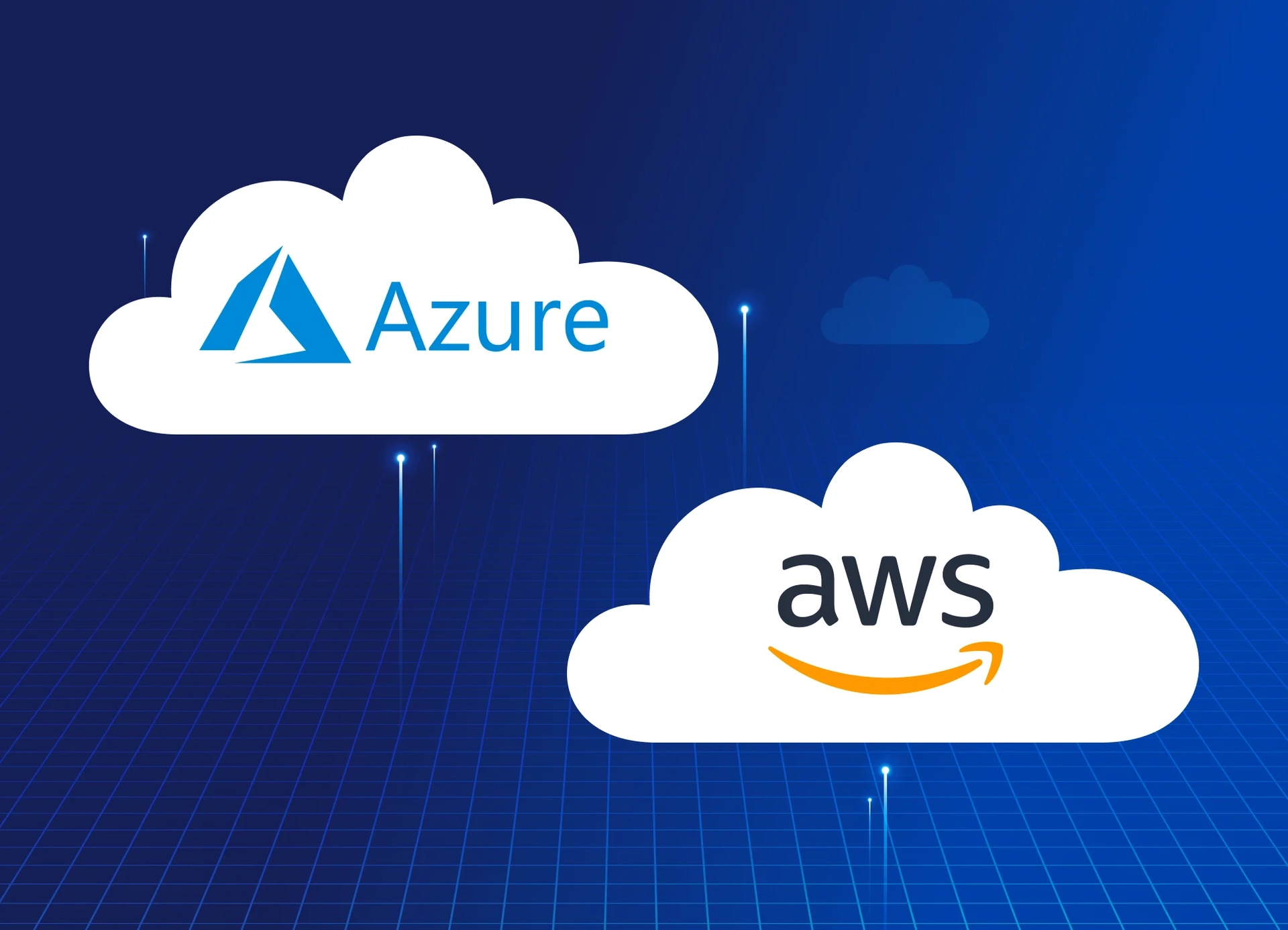Table of Contents
Cloud giants Amazon Web Services (AWS) and Microsoft Azure have launched new tools aimed at simplifying DevOps practices in cloud infrastructures, making it easier for enterprises to manage and automate their workflows. These new offerings are designed to streamline development, deployment, and operations processes, helping businesses adopt a more efficient DevOps culture. As more organizations rely on cloud-native applications, the need for advanced DevOps tools has never been greater.
The latest DevOps tools from AWS and Azure highlight the ongoing efforts to reduce complexity, enhance scalability, and improve security for DevOps teams operating in cloud environments.
AWS DevOps Guru: Automated Issue Detection and Resolution
AWS has introduced DevOps Guru, an ML-powered tool designed to identify operational issues across AWS environments automatically. By leveraging machine learning, DevOps Guru detects anomalies in application behavior, providing insights and recommendations for resolving issues before they affect end users.
According to Amazon, DevOps Guru continuously monitors key performance metrics such as latency, error rates, and request failures, automatically flagging any potential problems. The tool integrates with AWS CloudWatch, AWS Lambda, and other AWS services, offering a centralized solution for monitoring cloud infrastructures.
“DevOps Guru is a game-changer for companies looking to automate issue detection,” says Swami Sivasubramanian, VP of Machine Learning at AWS. “By proactively identifying and resolving issues, it reduces downtime and allows teams to focus on innovation rather than firefighting.”
The tool also integrates with AWS Systems Manager, providing a seamless workflow for executing recommended solutions and automation runbooks. This streamlines operations for DevOps teams, reducing manual intervention and improving the overall efficiency of cloud management.
For more information, visit the AWS DevOps Guru page.
Azure DevOps Pipelines: Enhanced CI/CD for Hybrid and Multi-Cloud Environments
On the other side, Microsoft Azure has enhanced its Azure DevOps Pipelines, a continuous integration/continuous delivery (CI/CD) tool aimed at simplifying the deployment of applications across hybrid and multi-cloud environments. The recent updates include advanced automation features, support for GitHub Actions, and enhanced compatibility with Kubernetes for containerized deployments.
Azure DevOps Pipelines now offer more granular control over deployment workflows, enabling developers to automate the entire release process. The new integration with GitHub allows developers to easily trigger pipelines through pull requests, improving collaboration across teams.
“We’re seeing more demand for tools that allow developers to automate and scale their operations effortlessly,” says Scott Guthrie, EVP of Cloud + AI at Microsoft. “The new enhancements to Azure DevOps Pipelines focus on providing seamless CI/CD experiences, regardless of where applications are being deployed—whether in the cloud or on-premises.”
Additionally, Azure’s native integration with Kubernetes simplifies the deployment of containerized applications, making it easier for DevOps teams to manage and orchestrate workloads across multiple environments. With increasing adoption of microservices architecture, these new features allow enterprises to rapidly deploy, scale, and update their applications with minimal downtime.
For more details, visit the Azure DevOps Pipelines page.
How These Tools Impact DevOps Adoption
The new tools from AWS and Azure address the growing complexity of managing cloud-native infrastructures. As enterprises increasingly move to hybrid and multi-cloud environments, the need for robust automation and monitoring tools becomes critical. Both DevOps Guru and Azure DevOps Pipelines offer solutions that simplify and automate core DevOps functions, freeing up development teams to focus on innovation.
A recent Gartner report suggests that by 2025, over 85% of enterprises will adopt some form of DevOps automation tool to streamline cloud management and reduce operational costs. With AWS and Azure leading the market, their new tools are poised to drive further adoption of DevOps practices across industries.
For organizations struggling to scale their cloud environments efficiently, the combination of AWS DevOps Guru and Azure DevOps Pipelines offers powerful solutions that can reduce downtime, enhance operational visibility, and accelerate software development cycles.
Looking Ahead: The Future of Cloud DevOps
As DevOps continues to evolve, cloud providers like AWS and Azure are expected to roll out even more advanced tools aimed at automating and simplifying the entire DevOps lifecycle. Machine learning and AI-powered insights, like those found in DevOps Guru, will likely become standard features in cloud-native DevOps toolchains, enabling even greater operational efficiency and resilience.
For the latest updates on DevOps tools and cloud technologies, follow Cerebrix on social media at @cerebrixorg.
Ethan Kim
Tech Visionary and Industry Storyteller
Read also
November 19, 2024
November 19, 2024
November 19, 2024

